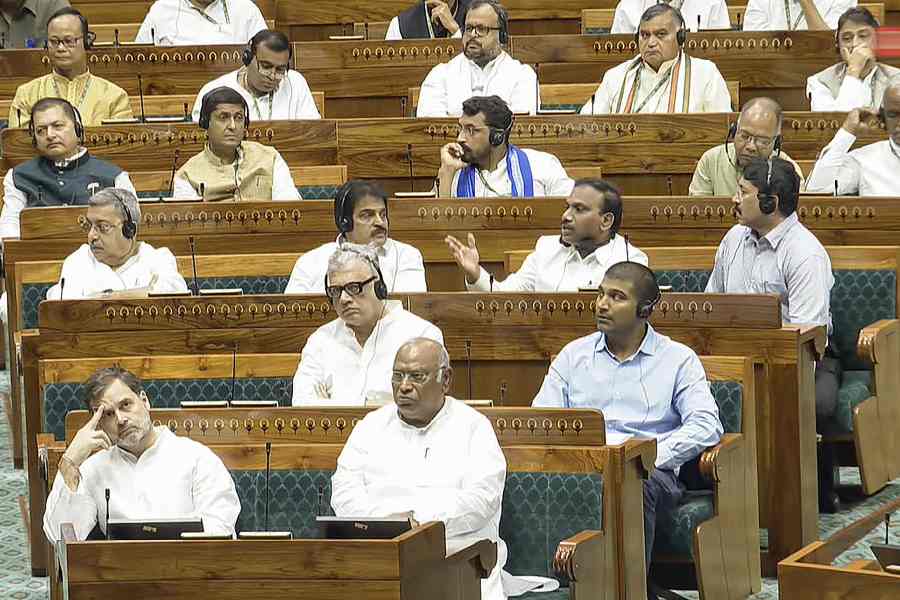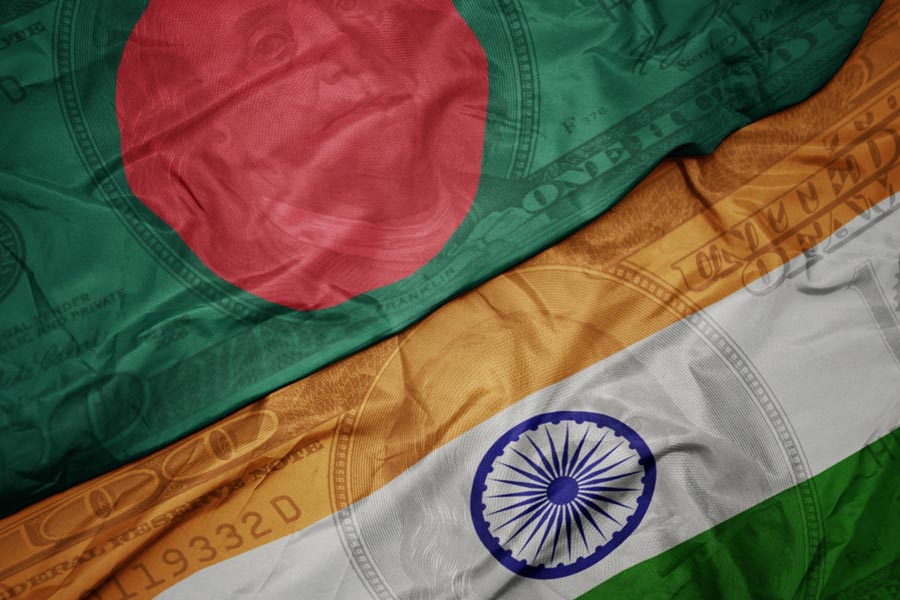India’s elderly people are expected to account for 20% of the nation’s total population by 2050. Indian Parliament, as if on cue, has begun to resemble a ‘greying zone’ already. Some estimates suggest that just about 10% of elected parliamentarians fall under the age bracket of 25-40 years. The average ages of the members of the Houses of Parliament, the Union cabinet, and the council of ministers are unlikely to be far from the greying zone either. Ironically, a nation led by the elderly often pats itself on the back for being a country teeming with youth. Sadly, this demographic dividend is not exactly reflected in the corridors of power.
The reasons for Indian politics to be a veritable cosmos for the aged are many. Temperamentally, India seems to be a country that associates — often quite wrongly — age with prudence. By the same logic, youthful leaders are taken to be symbols of rashness and inexperience. Consequently, Indians, over the years, have had little trouble in electing and being led by men and, at times, women with more than a sprinkle of white hair on their crowns. Unsurprisingly, the youth also find that the rungs of the ladder of upward mobility in political parties are crowded by the elderly. This makes it difficult for the youth to attain positions of influence, be it in political outfits or institutions. Another relevant cause of Indian politics being far from youthful is the indifference — cynicism — of young people towards politics. This is not unwarranted. Politics is perceived by vast segments of the youth to be the realm of chicanery and other kinds of immorality. A career in public life is thus best avoided in their scheme of things. The implications of politics being the turf of the old fox, as it were, are serious. The absence of an adequate number of youthful leaders raises the possibility of the political chambers ignoring issues that affect the lives of India’s young people. For instance, greater representation from the youth would have undoubtedly led to the county witnessing more serious and spirited debates on at least two pressing problems — youth unemployment and climate change. Perhaps it is time for India’s political parties to delegate greater responsibilities to its young leaders from an earlier age so that they can be ready to bear the mantle of power. The backbenches are not the place for young politicians.











